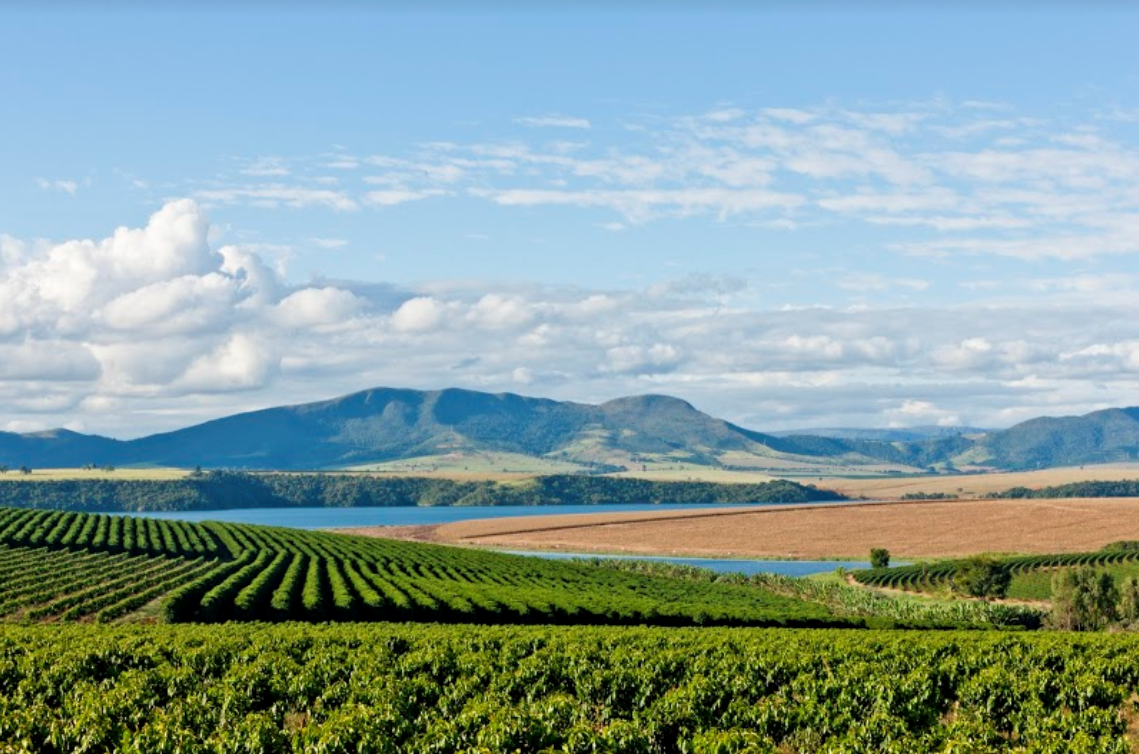
This week, investors who manage around US$ 3.7 trillion in assets took a stance on the negative perspective of continuing to invest in Brazil, if environmental policies, in relation to deforestation, are not reviewed and flow with greater transparency.
What draws attention to this advertisement was that this, for some time now, was a sung ball. After several discussions about the risks of climate change, many countries and companies announced their strategies, goals and governance structure to achieve significant reductions in carbon emissions. If, on the one hand, the news is not surprising, on the other, it is clear that the statement came from the market, and this is worth highlighting, as the environmental issue is increasingly on the table to support decision-making in the business world.
Brazil still has just over 60% of its territory covered by native vegetation and around 50% of this total is within rural properties. Looking at these numbers, I see the relevance of the private sector for conserving Brazilian forests.
Brazilian agribusiness has been working to keep the country's financial balance in the black for years and the announcement from these investors shows the risk of maintaining this scenario, as it will completely affect the export of soy and meat.
Interestingly, checking data from the Brazilian Forest Service, a government body that monitors the Rural Environmental Registry (CAR) numbers, shows that more than 540 million hectares have already been entered into the platform and that this amount represents almost the entire area of rural properties in Brazil. We are able to provide enormous transparency to the market, showing how we manage our territory from an environmental point of view. However, the generation of conflicts and incentives for practices that go against the conciliation between environmental conservation and agricultural production puts rural producers in the spotlight.
Given this, in the same way that the market announces its investment guidelines, rural producers could announce their good practices for forest conservation and respect for laws. It would be a market-to-market action. In this sense, the question is: you, Brazilian farmer, what have you done to highlight the conditions of your company and/or rural property to transparently show positive actions in favor of the environment?
Share